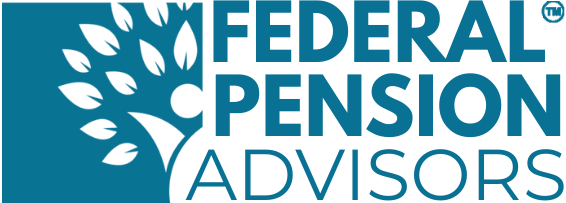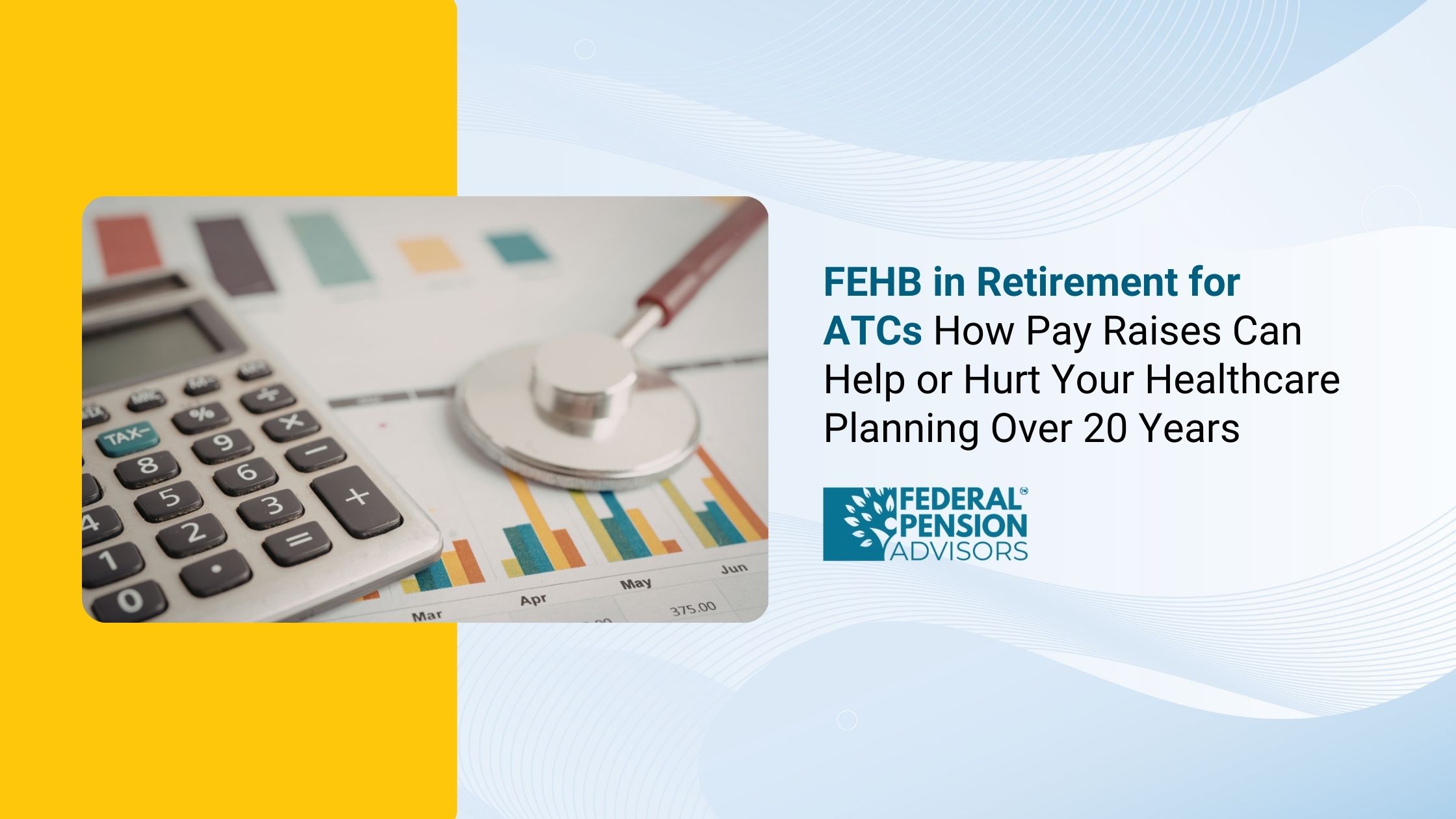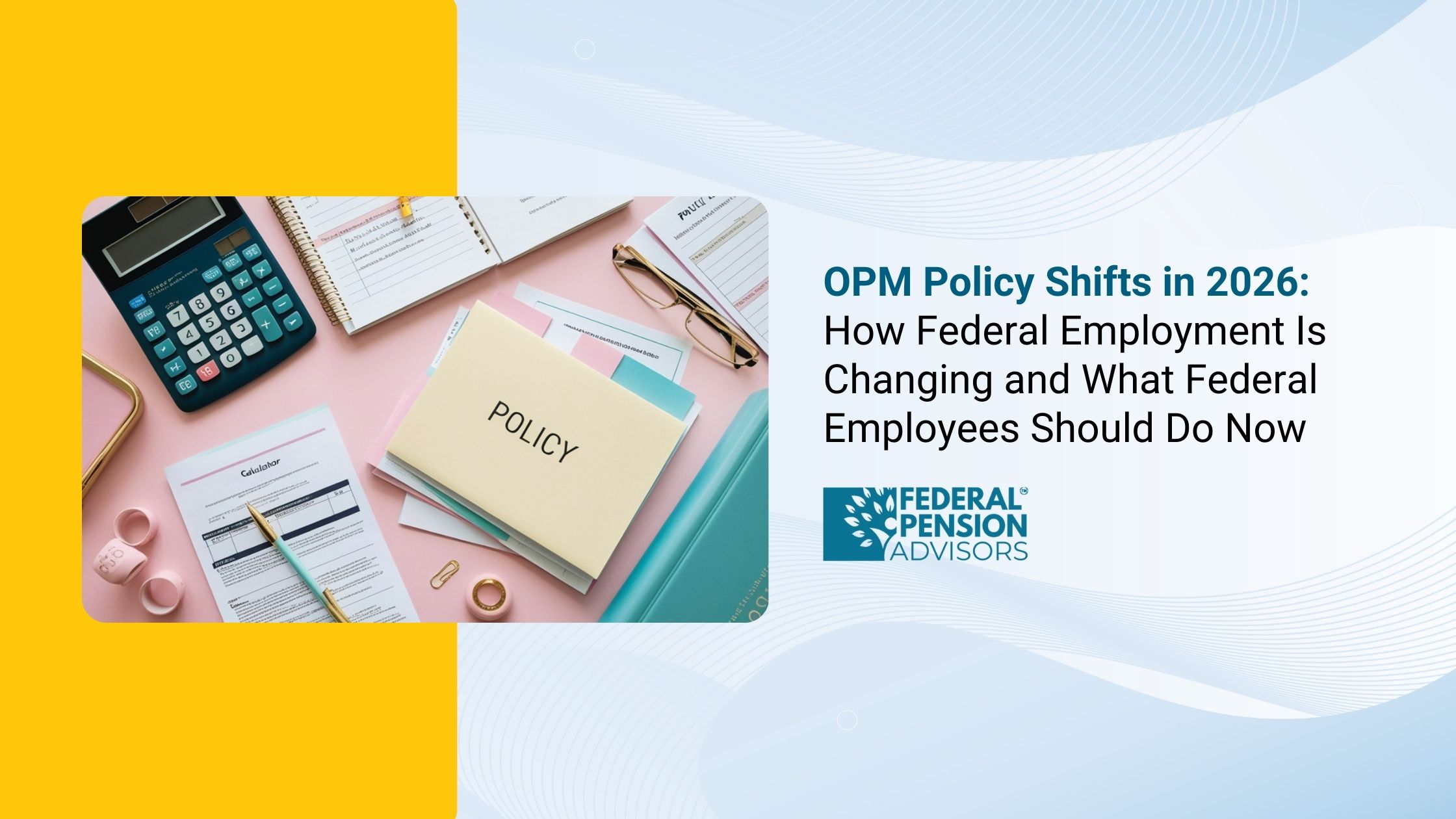You’re not alone; 4,359 federal employees booked their free review.

What Is the Best Month to Retire in 2024? A Strategic Guide
Over the past ten years, about 100,000 federal employees retire every year. Before many civil servants retire in 2024, they need to handle some financial issues, like deciding the best time to stop working. Look out for "10 signs it time to retire" to help make this decision easier.
Deciding when to end your employment is more complicated than just picking a date you like. While you should retire when it best suits your needs and interests, it's smart to choose a time that minimizes the gap between your last paycheck and your first annuity payment. This can also help you maximize your retirement benefits and payout for unused annual leave.
According to the Congressional Research Service, in 2022, 98% of civilian federal employees were in the Federal Employee Retirement System (FERS), which covers those hired since 1984. The remaining 2% were in the Civil Service Retirement System (CSRS), covering those hired before 1984.
If you're in FERS, your retirement date needs to be no later than the last day of the month to be on the annuity roll the next month. Once you retire, your retirement date becomes the first of the following month, and your first FERS annuity check will be sent on the first day of the month after that.
For example, if you retire on January 31, your retirement date will be February 1, and you'll get your first FERS annuity check on March 1.
If you're in CSRS, you must retire by the third day of a month to be on the annuity roll for that month. However, your first month's annuity will be reduced by 1/30th for each day you weren't on the annuity roll.
So, if you're wondering "what is the best month to retire in 2024," make sure to consider these factors for a smooth transition.
Should You Retire on the Last Day of the Month?
Common sense suggests retiring on the last day of the month to shorten the gap between your final paycheck and your first annuity payment. This could mean the difference between waiting four-to-five weeks and seven-to-eight weeks, depending on your chosen retirement date.
For example, March 30, 2024, is a good date to retire because it falls at the end of both the week and the month. However, an even better date is one that lands at the end of the month and the end of a pay period. This way, you won’t have to wait as long for your annuity and can maximize your accrued annual or sick leave pay. In 2024, only three such dates fall on a Friday or Saturday: May 31, June 29, and November 30.
What is The Best Date to Retire in 2024?
These dates can help you determine what is the best month to retire in 2024 to optimize your benefits and minimize waiting time. Many federal employees choose to retire on December 31, making it the most popular day for retirement according to the U.S. Office of Personnel Management. Retiring at the end of the year is a smart move for many reasons. It allows people to start the new year as retirees and ensures they receive the highest possible lump-sum payment for their unused annual leave. If you notice some of the "10 signs it time to retire," retiring on December 31 might be the best choice for you.
When planning your retirement in 2024, it’s important to consider optimal dates to maximize your benefits and ensure a smooth transition. Choosing the right retirement date can minimize the gap between your last paycheck and your first annuity payment, helping you make the most of your accrued annual leave payout.
Federal employees under different retirement systems—CSRS, CSRS Offset, and FERS—have specific rules regarding the commencement of annuities, which influence the best timing for retirement. Whether you aim for the end of a month or the end of a pay period, strategic timing can enhance your financial outcomes and ease your transition into retirement. Understanding these factors, alongside recognizing the '10 signs it time to retire,' will guide you in making a well-informed decision about your retirement date
Deciding when to retire can be a challenging decision for many seniors. There are numerous important factors to consider, ranging from financial preparedness to deciding whether to remain in your current home or explore senior living options. One crucial aspect to weigh is your emotional and mental well-being.
How you feel about retiring and how smoothly you transition into this new phase can significantly impact your happiness during your retirement years. Considering these factors alongside the "10 signs it time to retire," here are the top 10 emotional indicators that it might be time for you to retire.
Here are 10 signs it time to retire:
here are the 10 signs it time to retire, where you should consider retirement.
- You’re at Retirement Age: If you’re unsure about retiring, check if you’re around 66 years old, the full retirement age per the Social Security Administration. You can start receiving some Social Security benefits at 62.
- Reduced or Eliminated Debt: Debt can hinder retirement saving and enjoyment. Around 25% of retirees and half of workers feel debt makes saving for retirement harder, per the 2023 Retirement Confidence Survey.
- Emergency Fund: Having savings for unexpected expenses like home or medical repairs shows readiness for retirement.
- Healthy Retirement Portfolio: Diverse assets like stocks, bonds, and retirement accounts ensure financial stability post-retirement.
- Health Insurance: Medicare or private insurance coverage for health costs is crucial, especially after 65.
- Managed Retirement Expenses: Budgeting for living, healthcare, and leisure costs ensures comfortable retirement.
- Secure Retirement Income: Reliable income from Social Security, pensions, and savings prepares you financially.
- Career Goals Achieved: Feeling fulfilled professionally suggests readiness for retirement.
- Clear Retirement Vision: Planning hobbies, travel, and family time in retirement shows preparedness.
- Financial Independence: Not supporting others financially indicates readiness to retire.
Check if Retirement is Affordable
1. Retirement Savings:
- Savings Amount: Calculate the total amount you’ve saved for retirement and project its future growth, taking into account factors like investment returns and inflation.
- Retirement Income Sources: Identify all possible income sources, such as Social Security, pensions, rental income, and any part-time work.
2. Expenses:
- Current Expenses: List your current monthly expenses, including housing, food, transportation, utilities, and healthcare.
- Projected Expenses: Estimate how your expenses might change in retirement, considering factors like healthcare costs, travel, and hobbies.
3. Debt:
- Mortgage: Determine the remaining balance on your mortgage and your interest rate.
- Other Debts: Consider any outstanding debts, such as credit card balances, student loans, and other obligations.
4. Inflation:
- Factor in Inflation: Account for inflation, as it can reduce the purchasing power of your savings over time.
And even if you are thinking that because of inflation or anything you should not take retirement or anything like that, then do not becuase we are here Federal Pension Advisor, We are passionate about helping you achieve your ideal retirement, offering extensive expertise in federal benefits such as FERS, Social Security, and TSP. Our independent advisors are dedicated to preparing you for, and supporting you through, a fulfilling retirement.
Other Services We offer:
- Retirement Planning
- Investment Advice
- Wealth Management
- Financial Planning
- Life Insurance
- 403 (b) Plan
Book your FREE CONSULTATION today to choose a rewarding pension plan and step ahead with financial freedom.
Check if Retirement is Affordable
- Current Age: How old are you?
- Retirement Age: When do you plan to retire?
- Monthly Income: What is your current monthly income?
- Retirement Savings: How much have you saved for retirement?
- Investment Returns: What is your expected annual return on your investments?
- Expenses: What are your current monthly expenses?
- Retirement Expenses: How do you expect your expenses to change in retirement?
- Social Security Benefits: Do you expect to receive Social Security benefits, and if so, how much?
- Pension: Do you have a pension, and if so, how much is it?
- Debt: Do you have any outstanding debts, such as a mortgage or credit card debt?
How Much Do I Need to Retire?
Determining how much you need to retire depends on various factors, such as your desired lifestyle, expected expenses, and investment returns.
To get an approximate estimate, you can use a retirement calculator. These tools typically require details such as your current age, retirement age, expected income, expenses, and projected investment returns.
Here are Some General Guidelines:
- Rule of Thumb: A common approach is to aim for 25 times your annual pre-retirement income saved for retirement. For example, if you earn $50,000 per year, you would need to save $1,250,000.
- Personalised Estimate: For a more accurate estimate, consider using a retirement TSP calculator consulting a financial advisor.
Factors to Consider:
- Inflation: Your savings will need to grow to keep pace with inflation.
- Healthcare Costs: Healthcare expenses can be significant during retirement.
- Long-Term Care: Consider the potential costs of long-term care.
- Tax Implications: Understand the tax implications of your retirement savings and income sources.
Understanding these signs helps in making informed retirement decisions aligned with personal goals. Consulting a financial advisor can tailor plans for a fulfilling retirement.


Get Updated
Subscribe to our weekly updates for the latest on retirement planning, federal benefits, exclusive webinars, and more!
Download Federal Retirement: Step-by-step Checklist
This comprehensive guide will help you understand your federal benefits, optimize your savings, and plan for a comfortable future.



.png)








